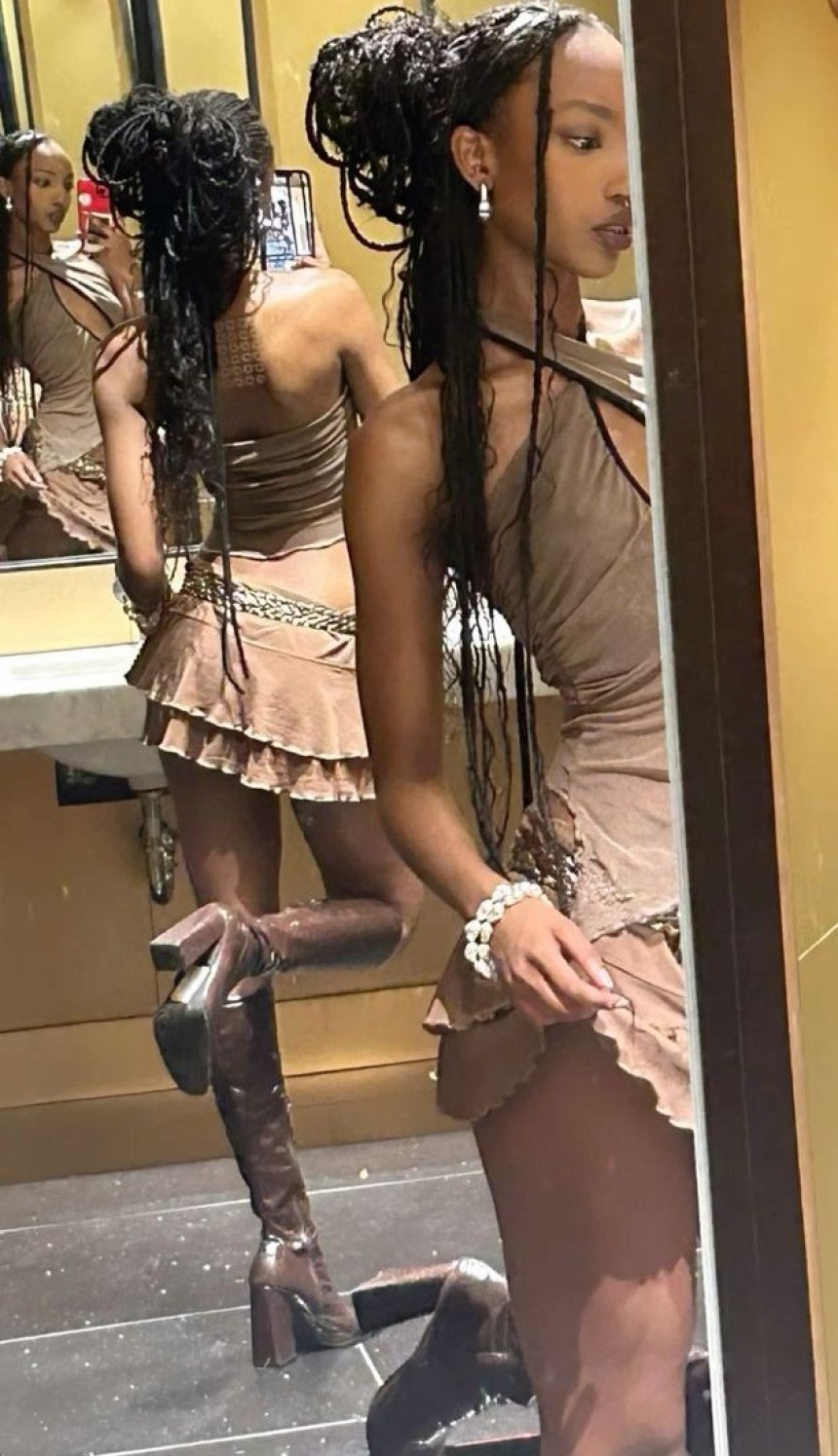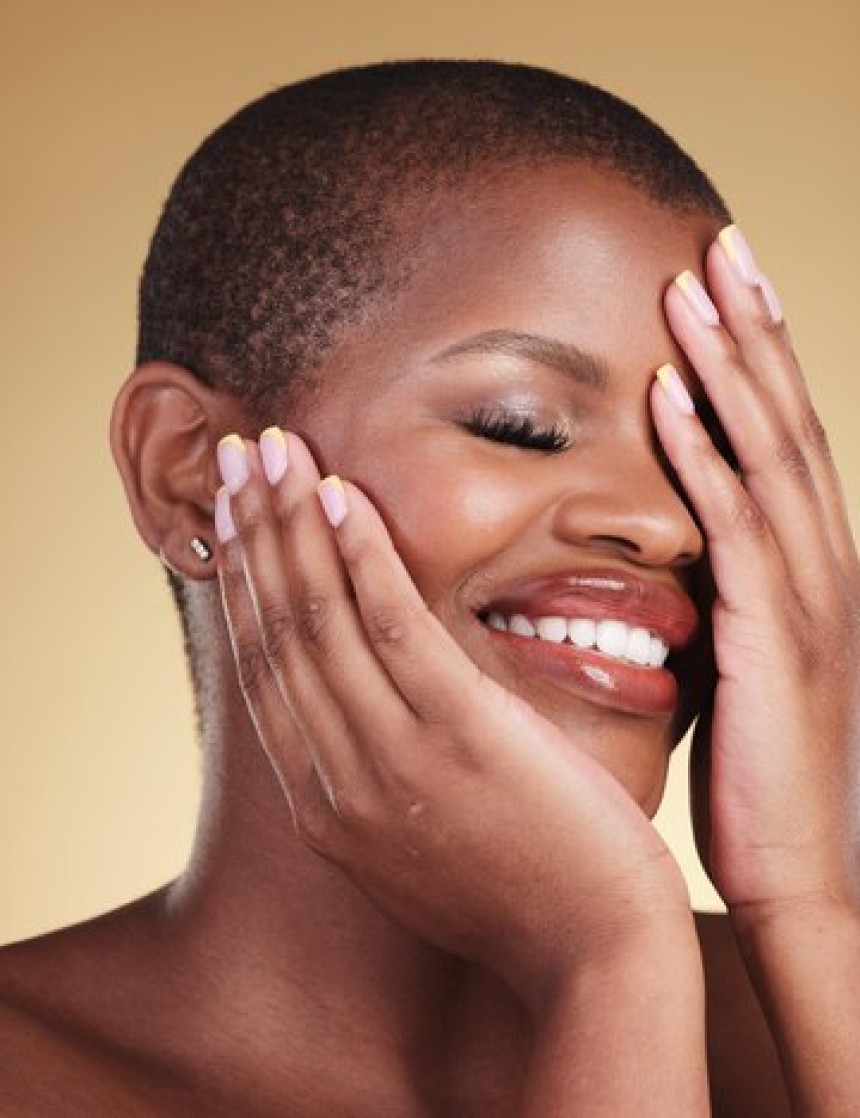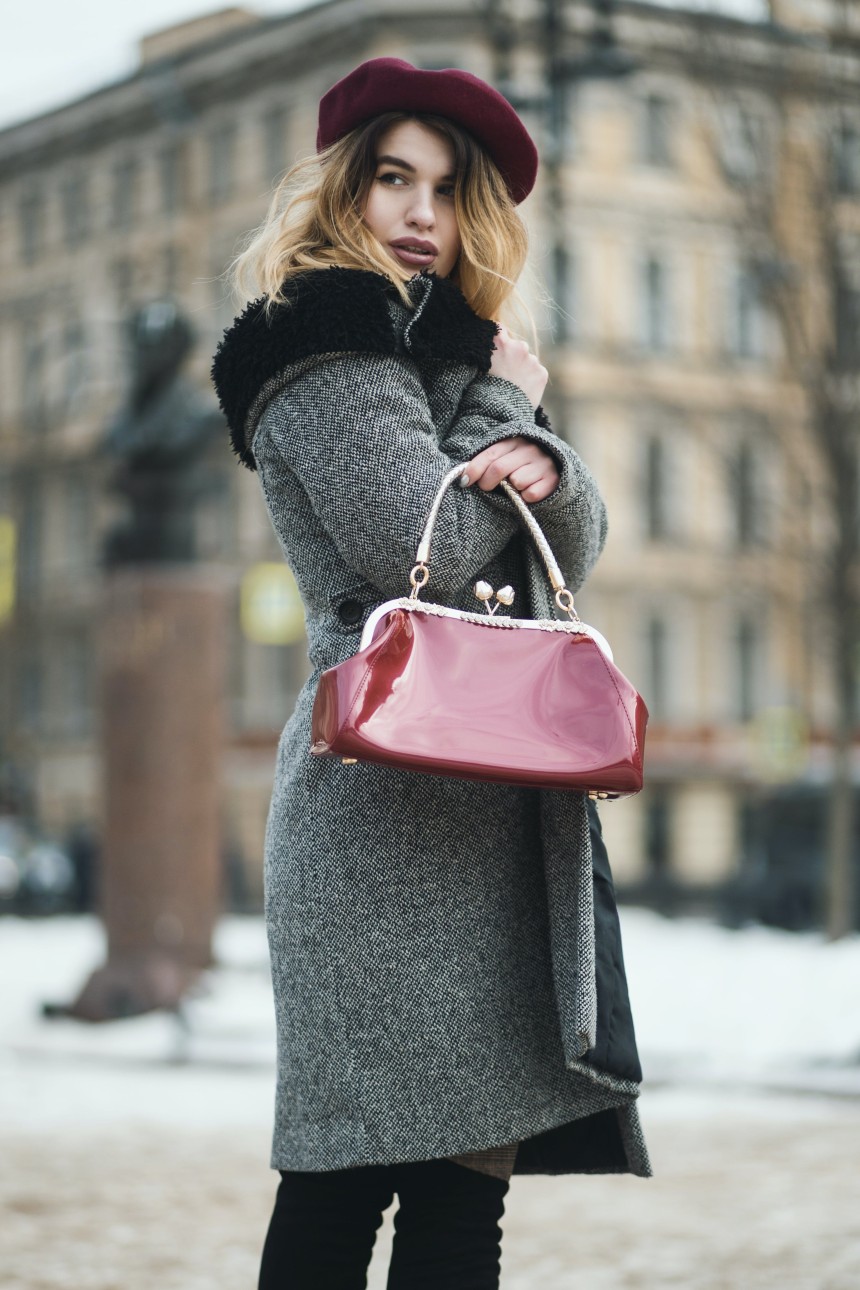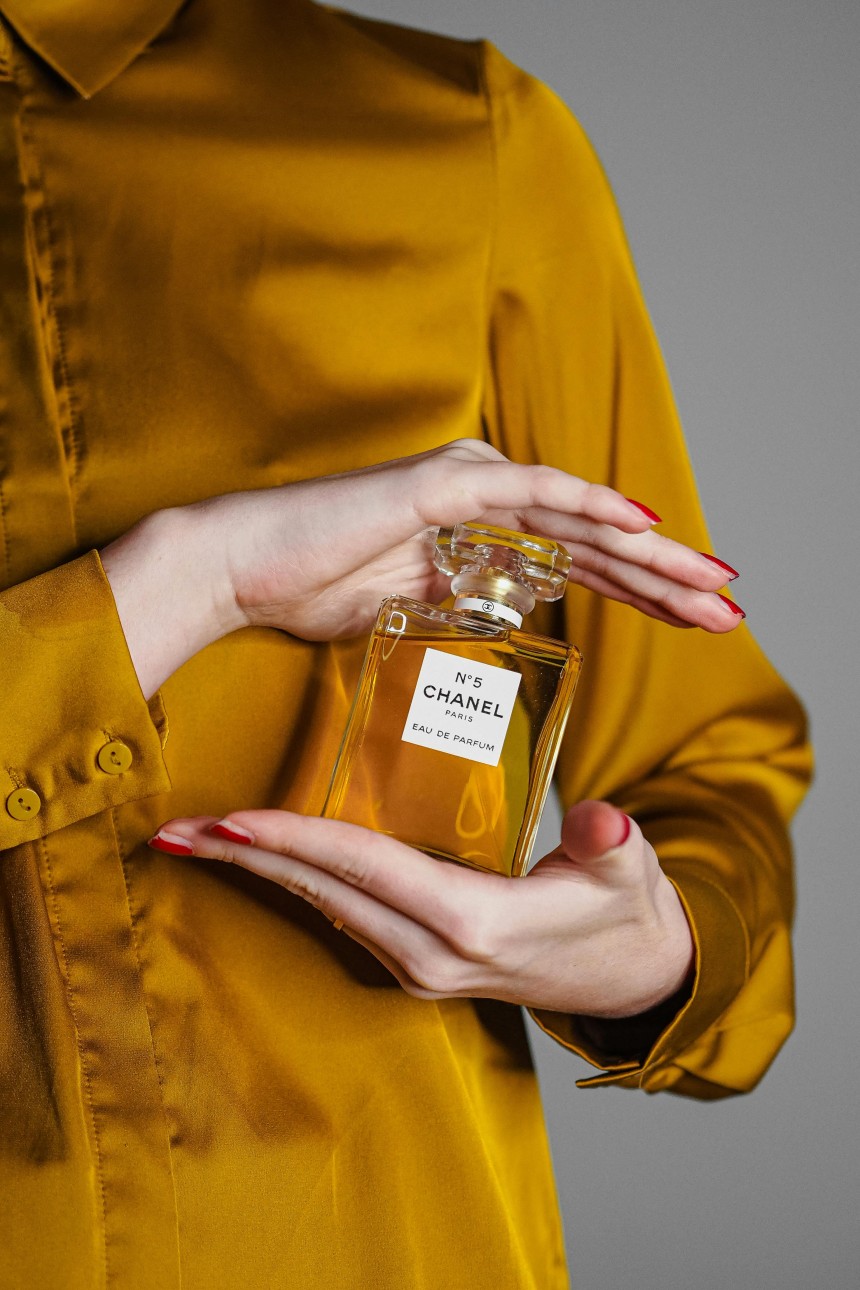
Can ‘Dupe’ Fragrance Brands Make The Real Thing?
Introduction
The world of fragrance is often marked by the allure of luxury and exclusivity, but 'dupe' fragrance brands have carved out a niche by offering affordable alternatives to popular scents. This article explores the phenomenon of 'dupe' fragrance brands, discussing whether they can truly replicate the essence of the originals.
What are 'Dupe' Fragrances?
Explanation of Duplication Process
Explanation of Duplication Process'Dupe' fragrances, short for duplicates, refer to perfumes that are designed to replicate the scent profile of popular and often expensive designer or niche fragrances. The duplication process involves skilled perfumers or fragrance companies analyzing the composition of a desired perfume to create a similar scent using different ingredients. This process typically involves:
- Scent Analysis: Perfumers analyze the original fragrance to identify key notes and accords that define its character and appeal.
- Ingredient Substitution: Since exact replication may not be legally feasible, due to copyright and trademark laws, perfumers substitute ingredients with similar aromatic compounds to achieve a comparable scent profile.
- Testing and Refinement: The duplicated fragrance undergoes rigorous testing and refinement to ensure that it captures the essence and longevity of the original fragrance.
- Packaging and Marketing: Once perfected, the 'dupe' fragrance is packaged and marketed as an affordable alternative to the original, often at a fraction of the price.
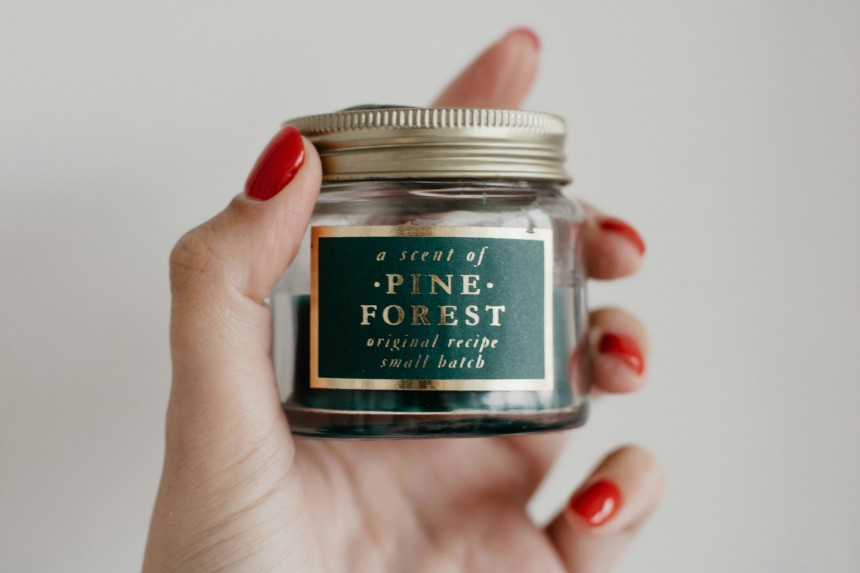
Legal and Ethical Considerations
The production and sale of 'dupe' fragrances raise several legal and ethical considerations:
- Intellectual Property: Original fragrance creators invest significant resources in research and development, and their formulations are protected by intellectual property laws. Creating exact replicas without permission may infringe on trademarks, copyrights, or trade secrets.
- Consumer Expectations: Consumers may purchase 'dupe' fragrances believing they are purchasing the original, leading to potential confusion and dissatisfaction if the scent does not meet expectations.
- Quality and Safety: The quality and safety of 'dupe' fragrances can vary widely. Some may use lower-quality ingredients or lack the same performance characteristics as the original, impacting user experience.
- Ethical Implications: Ethically, some argue that 'dupe' fragrances undermine the creativity and innovation of original perfumers. They may also affect the economic viability of luxury fragrance brands by diverting sales to lower-cost alternatives.
- Regulatory Compliance: Perfume duplicators must comply with local and international regulations regarding fragrance ingredients, labeling, and marketing claims to ensure consumer safety and fair trade practices.
Comparison of 'Dupe' Fragrances vs. Originals
Quality, Longevity, and Ingredients
When comparing 'dupe' fragrances with their original counterparts, several factors come into play: Quality and Ingredients: Original fragrances often feature high-quality ingredients sourced from specific regions known for their unique aromatic profiles. Perfumers meticulously craft these compositions to achieve a distinct scent that reflects the brand's identity and values. In contrast, 'dupe' fragrances may use alternative ingredients to mimic the original scent, which can result in variations in fragrance quality and complexity. While some 'dupe' fragrances manage to closely replicate the scent profile of the original, others may lack the depth and sophistication achieved through premium ingredients and expert blending techniques. Longevity: The longevity of a fragrance refers to how long its scent lingers on the skin after application. Original fragrances are often formulated to have optimal longevity, with carefully balanced notes that unfold gradually over time. 'Dupe' fragrances may vary in longevity depending on the quality of ingredients and formulation techniques used. While some 'dupes' can offer comparable longevity to originals, others may fade more quickly due to differences in ingredient composition and concentration.
Pricing and Accessibility
Pricing: One of the primary appeals of 'dupe' fragrances is their affordability compared to originals. Original designer or niche fragrances can be significantly expensive due to their premium ingredients, brand prestige, and limited availability. In contrast, 'dupe' fragrances are typically priced much lower, making luxury scents accessible to a broader audience who may not afford the original counterparts. Accessibility: Original designer and niche fragrances are often sold through exclusive boutiques, department stores, or directly from the brand's website. Availability may be limited to specific regions or during certain seasons, adding to their exclusivity. 'Dupe' fragrances, on the other hand, are widely available through online retailers, drugstores, and specialty fragrance stores. They cater to consumers seeking immediate access to popular scents without the constraints of brand exclusivity or high price points.
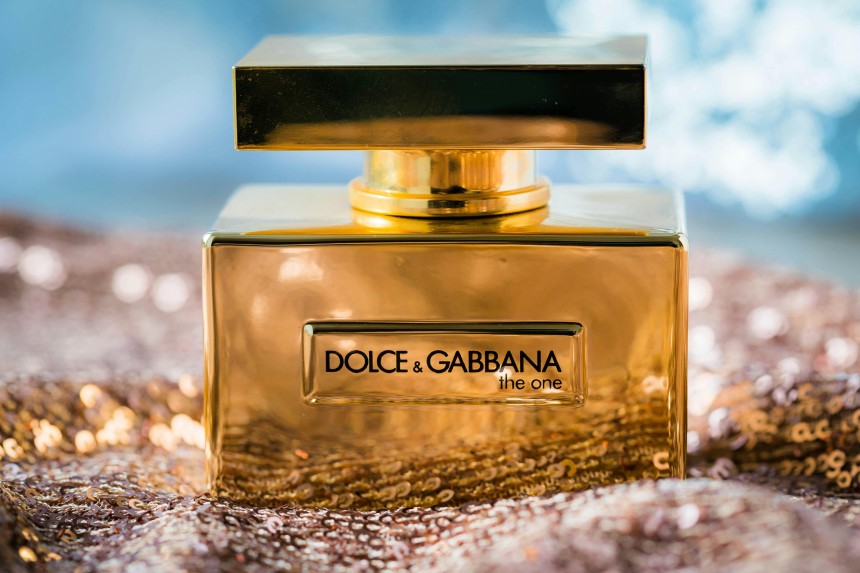
Legal and Industry Perspectives
Intellectual Property Rights
The production and sale of 'dupe' fragrances raise significant intellectual property (IP) rights concerns within the fragrance industry: Trademark Infringement: Original fragrance brands invest heavily in building their brand identity and protecting their trademarks. 'Dupe' fragrances that closely mimic the packaging, branding, or names of original products can potentially infringe on these trademarks, leading to legal disputes. Copyright Issues: Fragrance compositions, while not typically protected by copyright, may include proprietary blends and trade secrets that are considered confidential information. 'Dupe' fragrances that replicate these compositions without authorization may breach confidentiality agreements or trade secret protections. Patent Considerations: Some fragrance technologies or delivery systems may be protected by patents. 'Dupe' fragrances that copy patented technologies without permission could face claims of patent infringement.
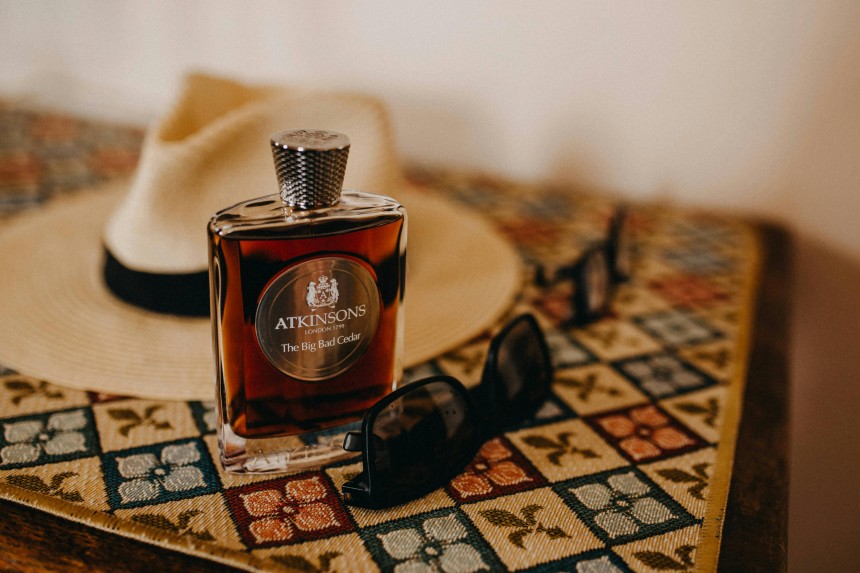
FAQs
Q: Can 'Dupe' fragrance brands make the real thing? A: While 'Dupe' fragrance brands aim to replicate popular high-end perfumes, they may not capture every detail or ingredient exactly. Q: Are 'Dupe' fragrances worth buying? A: The worth of 'Dupe' fragrances depends on personal preferences. They offer affordability and similar scents but may not provide the luxury experience or precise composition of the original. Do 'Dupe' fragrance brands disclose their ingredients and manufacturing processes? A: Disclosure practices vary. Some 'Dupe' fragrance brands may provide ingredient lists, but they are not always as transparent about their manufacturing processes as original perfume brands. Q: Can 'Dupe' fragrances be customized or personalized like some high-end perfumes? A: Generally, 'Dupe' fragrances are produced in mass quantities with fixed formulations, so customization options are limited compared to high-end perfumes that offer bespoke or personalized scents.
Conclusion
While 'dupe' fragrance brands offer accessible alternatives to expensive perfumes, their ability to replicate the exact experience of original scents remains debated. Factors such as quality, ingredients, and consumer expectations play pivotal roles in shaping perceptions. As the fragrance industry evolves, the coexistence of 'dupe' and original brands sparks discussions on affordability, ethics, and consumer choice, highlighting the dynamic nature of scent preferences and market trends.

